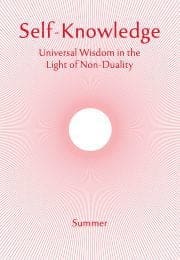The Holy Quran
The Quran is the scripture of the Muslim faith. It was revealed inspirationally to Mohammed, whose reception of the teachings was unplanned and unanticipated. Their importance was immediately recognised by him, and his words expressing them were carefully written down by his companions. By the end of his life, hundreds of teachings had been communicated in this way, and were in due course organised into 114 suras, or chapters. These suras are of various lengths, some comprising many pages, others as short as a single verse.
The aim of the Quran is to establish the glory and sovereignty of God—in Arabic, Allah—as one supreme being, without parts or partners, without qualities or attributes, yet who exercises a precise control over the entire universe and who has a complete knowledge of the contents of the hearts and minds of human beings. The way to welfare for humankind is to worship sincerely this great being, to surrender their self-will to the divine Will. The believer is encouraged to enjoy the things of the world as God’s gifts, not for their own sake, and to be ready to let go of life, if Allah so wills.
If our time on earth is considered ‘a sport and a diversion’ (sura 29, verse 64), then what is the true life? The true life is held to be the life hereafter, where bliss awaits the believers who have done their best to worship God and follow his commands. But just as there is a reward for sincere belief and selfless benevolence, so there is a punishment for those who neglect or pretend, still more for those who oppose and combat this conception of God, either through heedlessness or through the worship of idols.
Subscribe or enrol for free guest access to read all of this article and Self-Knowledge online.
Already subscribed or enrolled? Log in:


